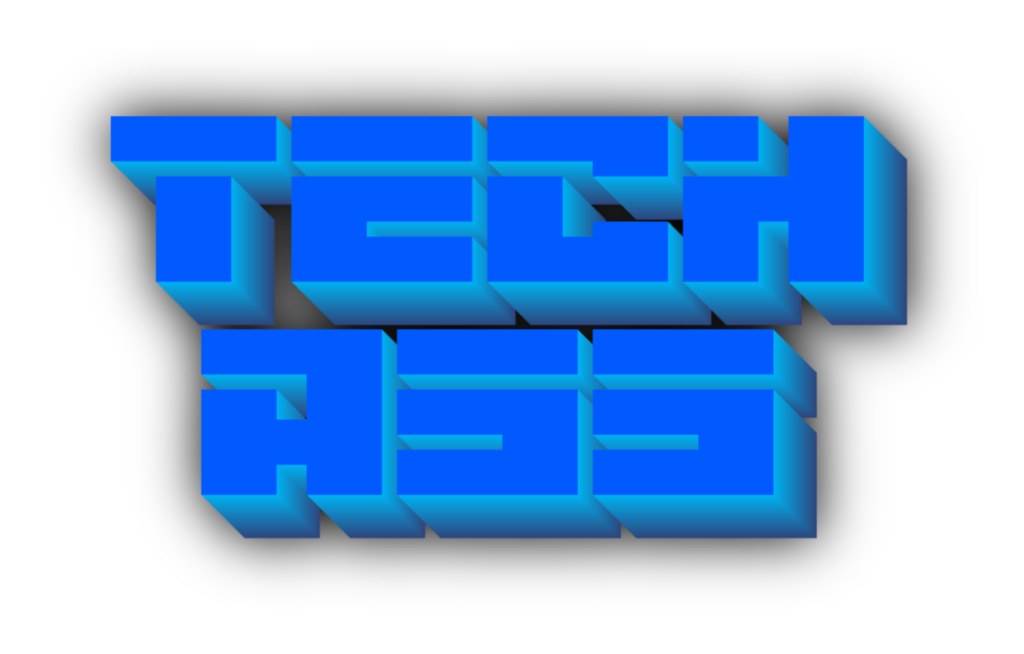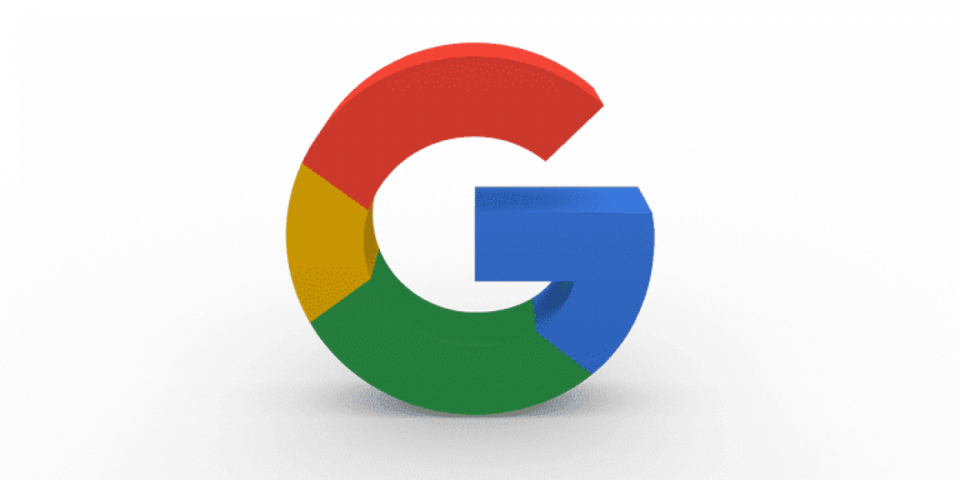In their latest legal skirmish, Google and the U.S. Department of Justice are again at odds, this time over allegations of monopolistic practices in the advertising technology sector.
The trial, which began on September 9 in Alexandria, Virginia, centers on whether Google has unfairly dominated the market for ad tech tools. DOJ counsel Julia Tarver Wood argued that Google’s extensive control over the ad ecosystem, from selling ad space to buying it, creates an imbalance that benefits the company disproportionately. According to the DOJ, this control hampers fair competition and harms other industry players.
Conversely, Google contends that the DOJ’s approach seeks to undermine a successful business model by imposing unfair demands for the company to engage with rivals on more favorable terms. Google argues that its innovations and integrated tools deliver significant value and efficiency, challenging the government’s claims of monopolistic behavior.
The trial follows a recent major legal defeat for Google in a separate antitrust case, where a judge found the company guilty of monopolizing the search market. As the ad tech trial progresses, the government is also considering how to address competition issues in the search domain.
The core of the case revolves around Google’s alleged dominance in three key areas: publisher ad servers, ad exchanges, and advertiser ad networks. The DOJ argues that Google has maintained its monopoly by tying its ad server to its ad exchange, thus reinforcing its market power across these areas.
In its defense, Google dismisses the notion of multiple monopolies, arguing that the market should be viewed as a unified, two-sided system involving both buyers and sellers of ad inventory. The company also contends that the government’s definitions and arguments misrepresent the market and overlook competitive dynamics.
Testimonies on the trial’s first day focused on the challenges faced by publishers and advertisers in navigating Google’s ad tech ecosystem. Witnesses highlighted the difficulties and costs associated with switching from Google’s tools, illustrating the entrenched position of Google Ad Manager and AdX in the market.
Google’s legal team is expected to counter the DOJ’s claims by challenging the credibility of the witnesses and presenting its own evidence. This trial, while distinct from the previous antitrust battle, echoes themes from earlier proceedings. The DOJ’s reference to the prior search case and Google’s emphasis on favorable aspects of the previous ruling illustrate the ongoing complexities of the case.
As the trial unfolds over the coming weeks, both sides will present their arguments and evidence to determine whether Google has unlawfully monopolized the advertising technology market.

